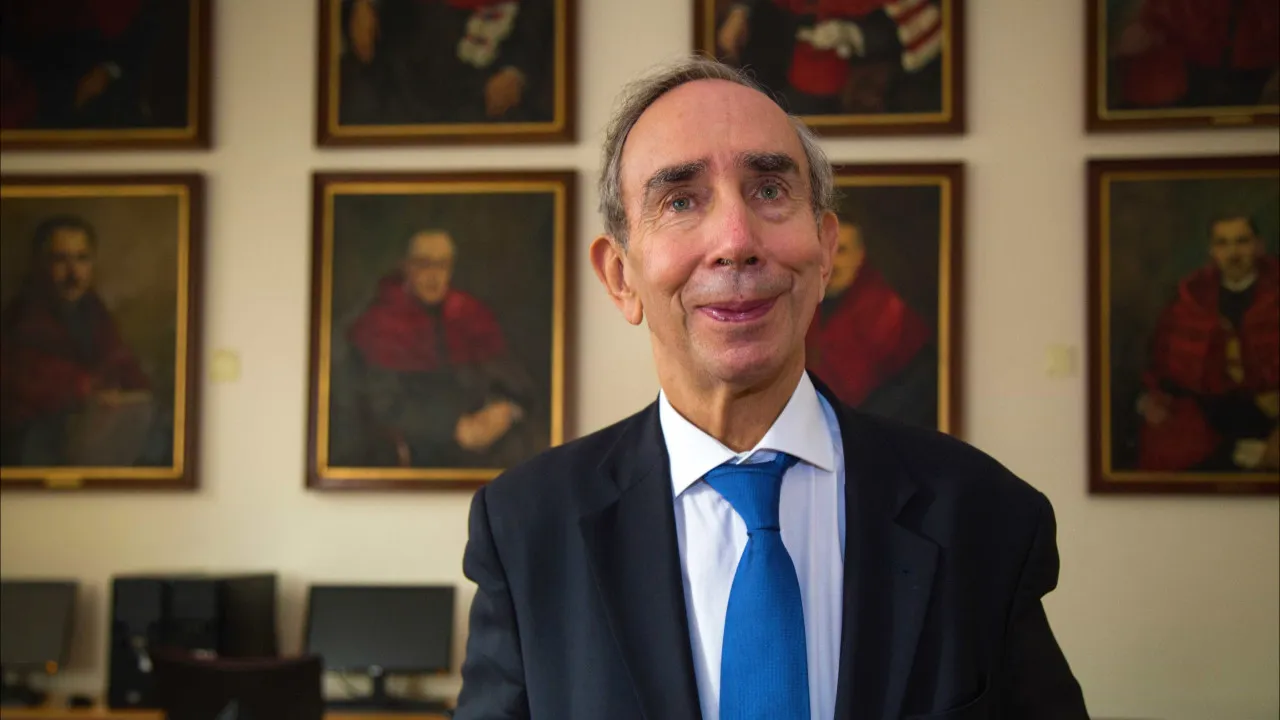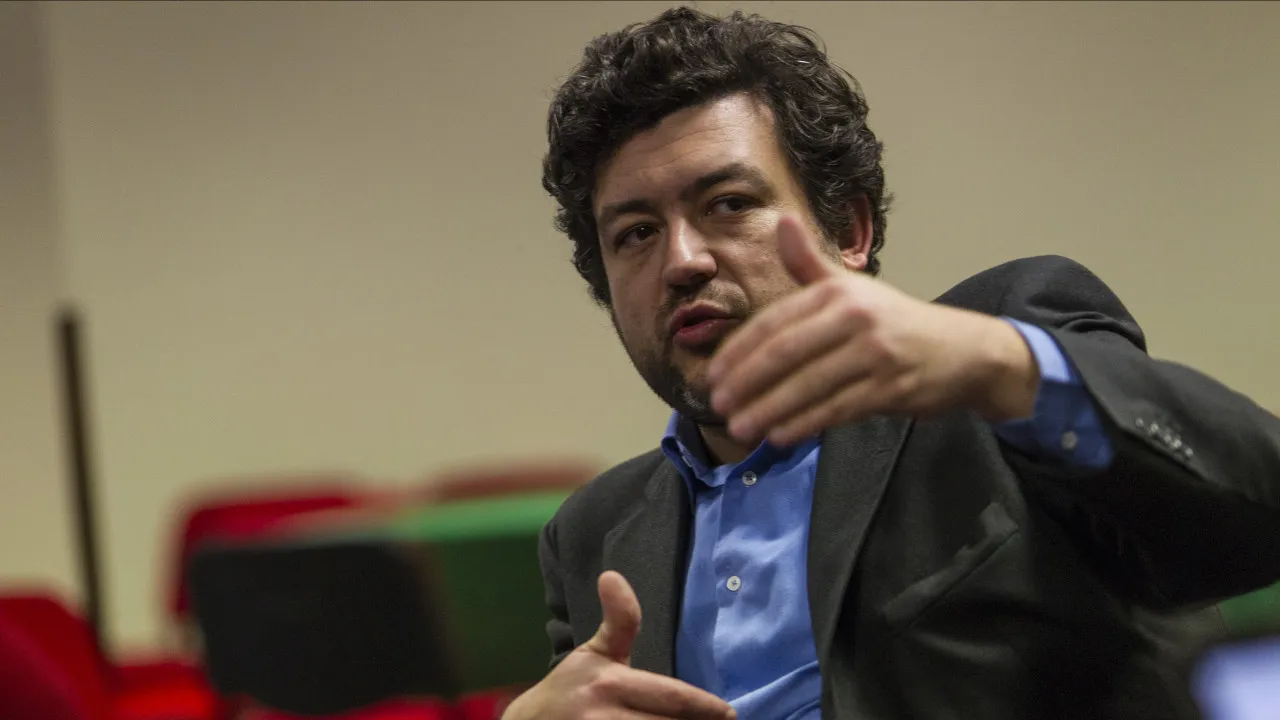
In a legal opinion by constitutionalist Jorge Miranda, one of the architects of the Portuguese Constitution, and lawyer Rui Tavares Lanceiro, an expert in Administrative and Constitutional Law, several aspects of the Government’s proposal on nationality law are deemed to “raise doubts of constitutionality,” with some even being “inadmissible” under the Constitution.
One concern is the proposed changes to the nationality law being applied retroactively to June 19, when the Government’s program was approved in Parliament.
The Government justified the change by citing a “massive submission of requests for nationality acquisition by naturalization” since the alterations were announced.
According to Jorge Miranda, the measures are not yet in force. Therefore, the government’s intention “blatantly violates the prohibition against the retroactive application” of laws that restrict rights, freedoms, and guarantees, also representing an “incomprehensible undermining of Parliament.”
The experts also reviewed the proposal to calculate residence periods in Portugal for nationality acquisition.
The Government aims to increase the required residency duration for citizenship from five to either seven or ten years, depending on whether applicants are from Portuguese-speaking countries or not. It plans for the residency period to commence not from the date of the legalization request but from when residency authorization is granted, which can take years.
The experts argue this regulation is “constitutionally inadmissible,” violating principles of legal certainty, equality, and human dignity.
“It creates uncertainty about when the period begins, shifting control from the citizen to the Administration,” they pointed out.
The opinion also challenges the Government’s restriction on urgent legal actions against the Agency for Integration, Migrations, and Asylum (AIMA) regarding family reunification.
This restriction on access to justice is deemed “excessive and violative of the principle of proportionality,” the experts state.
Regarding the potential withdrawal of citizenship from naturalized individuals for legal reasons, Miranda and Lanceiro indicate this could “potentially violate” principles of equality, proportionality, and universality by differentiating between original Portuguese citizens, who cannot lose their nationality, and naturalized ones.
The opinion was requested by Liberty Legal, a law firm specializing in immigration and citizenship, and will be submitted to parliamentary groups and the President of the Republic.




